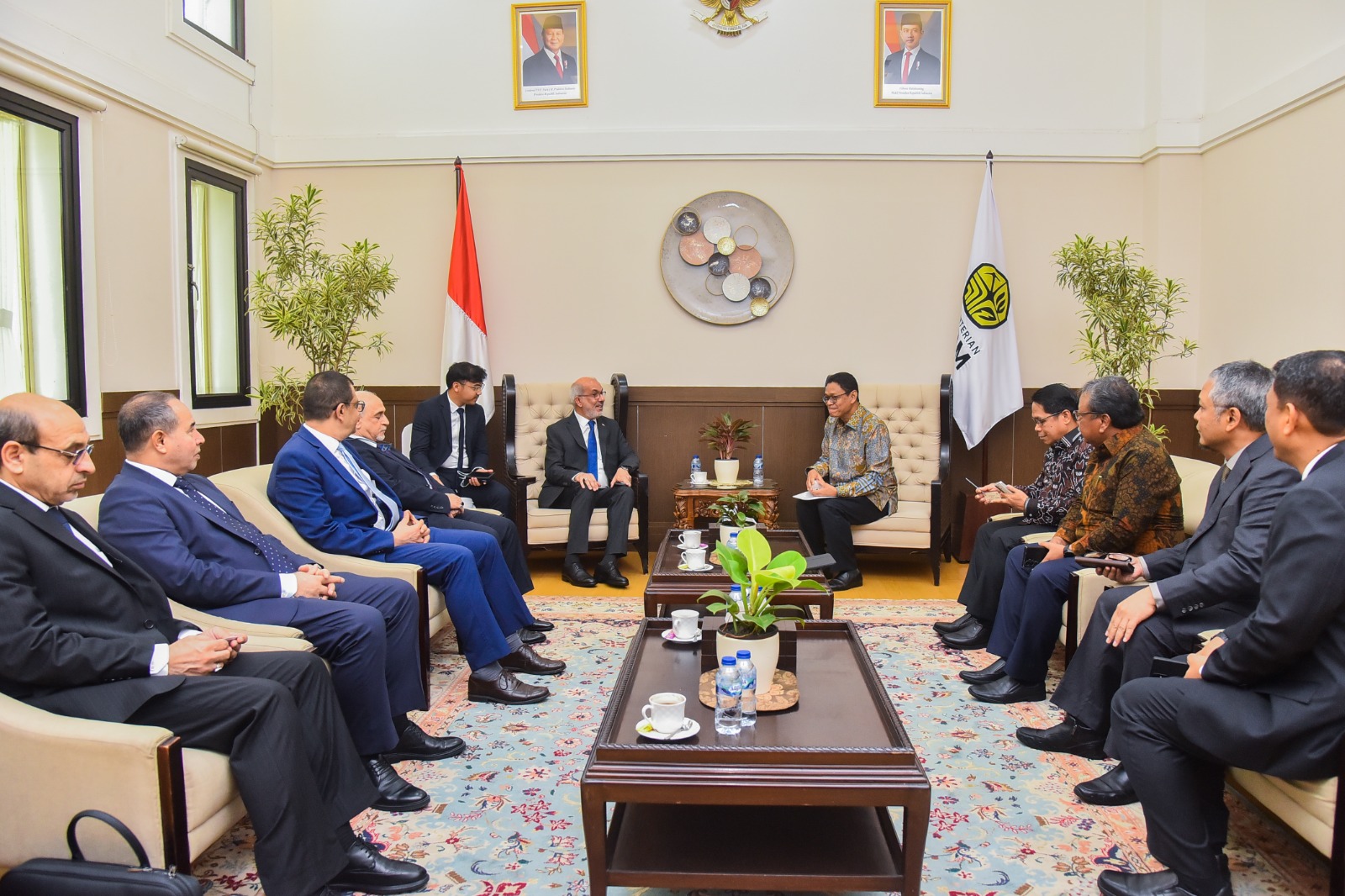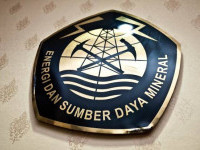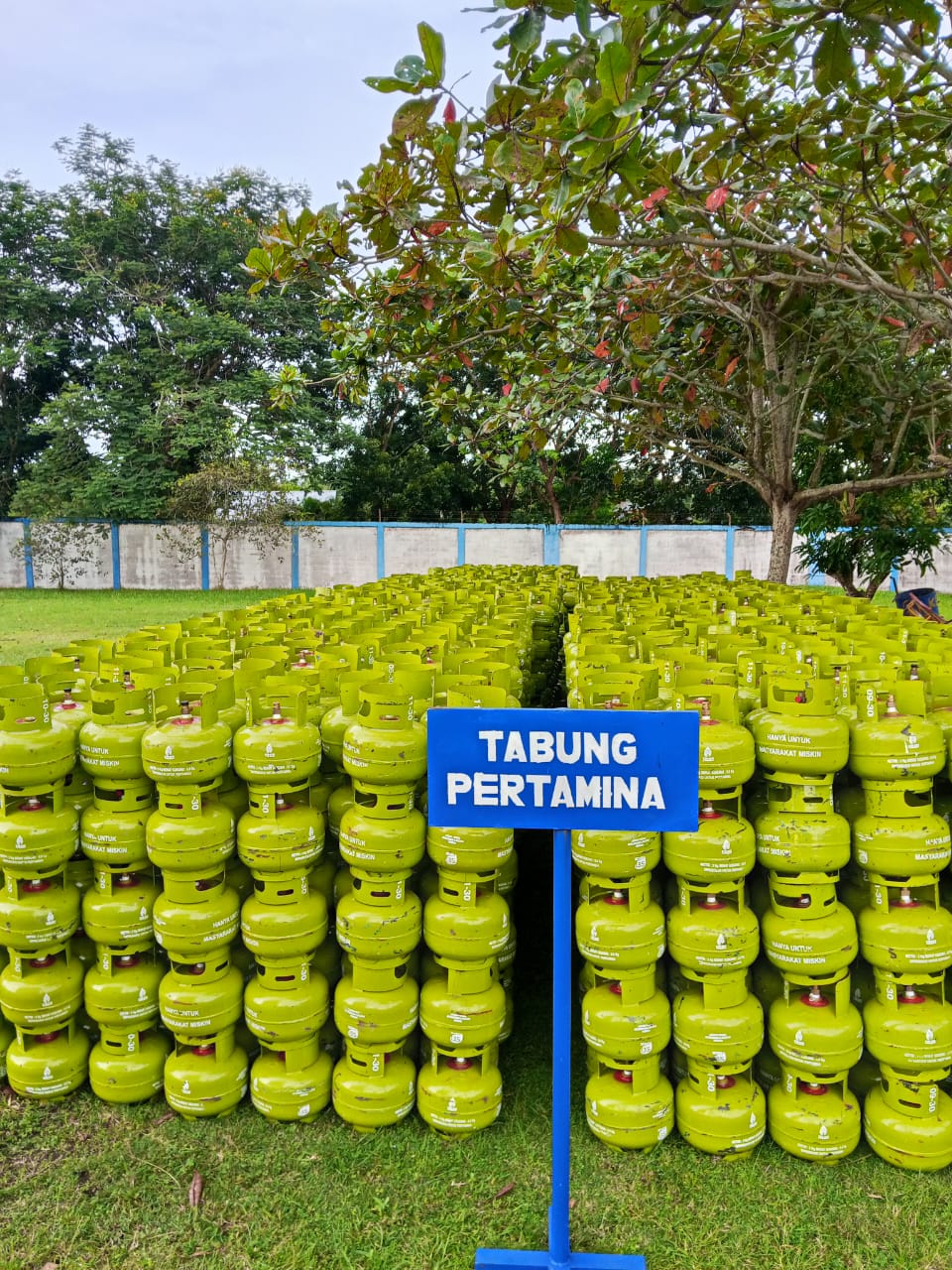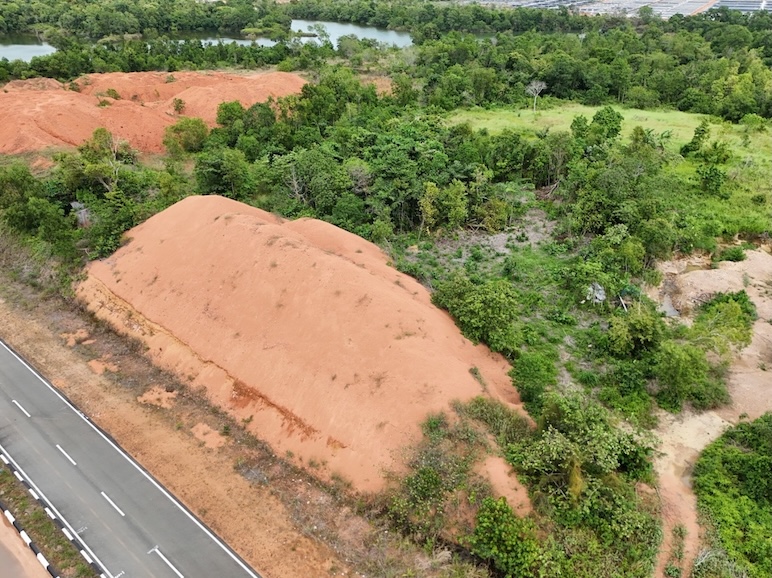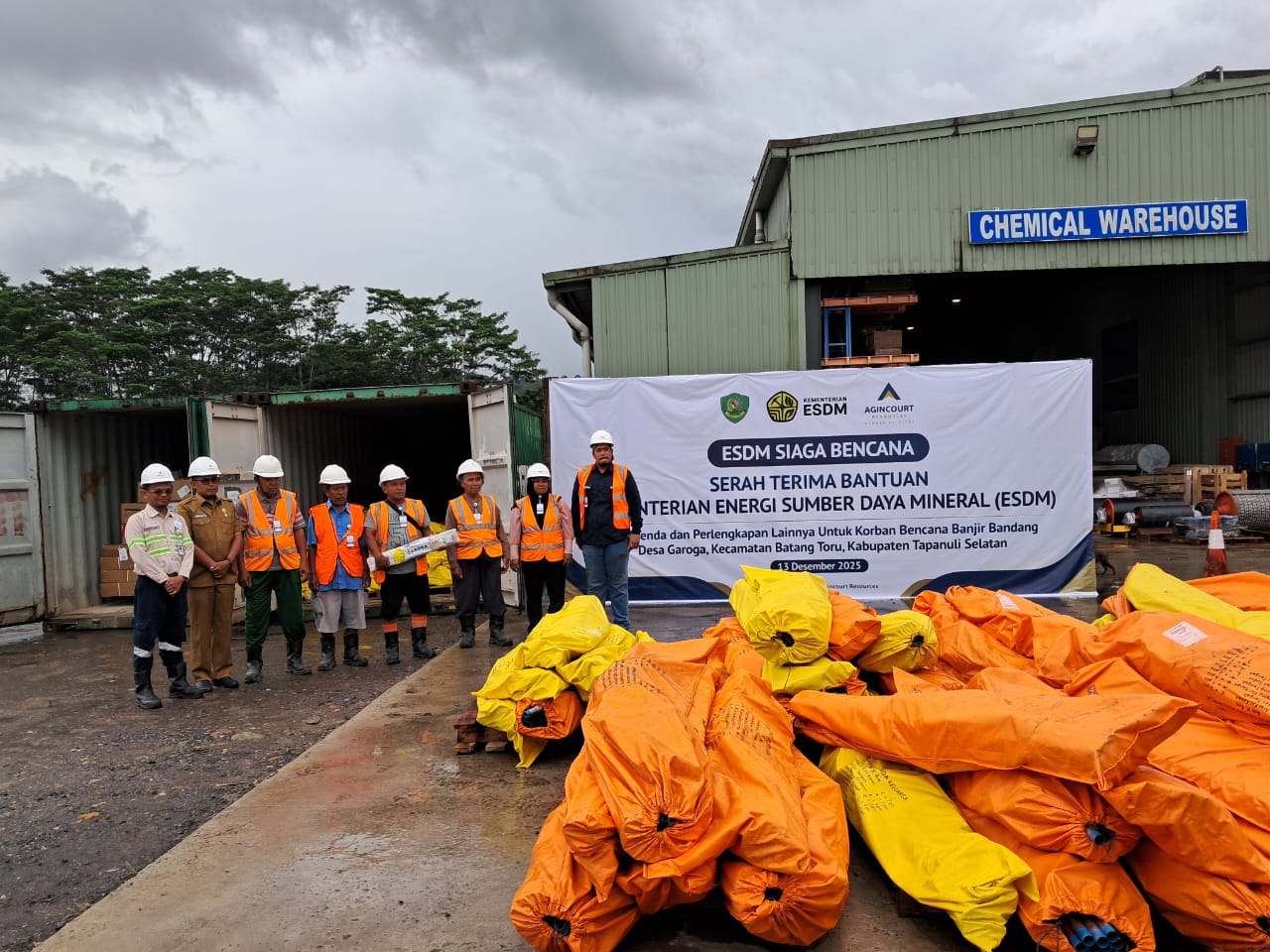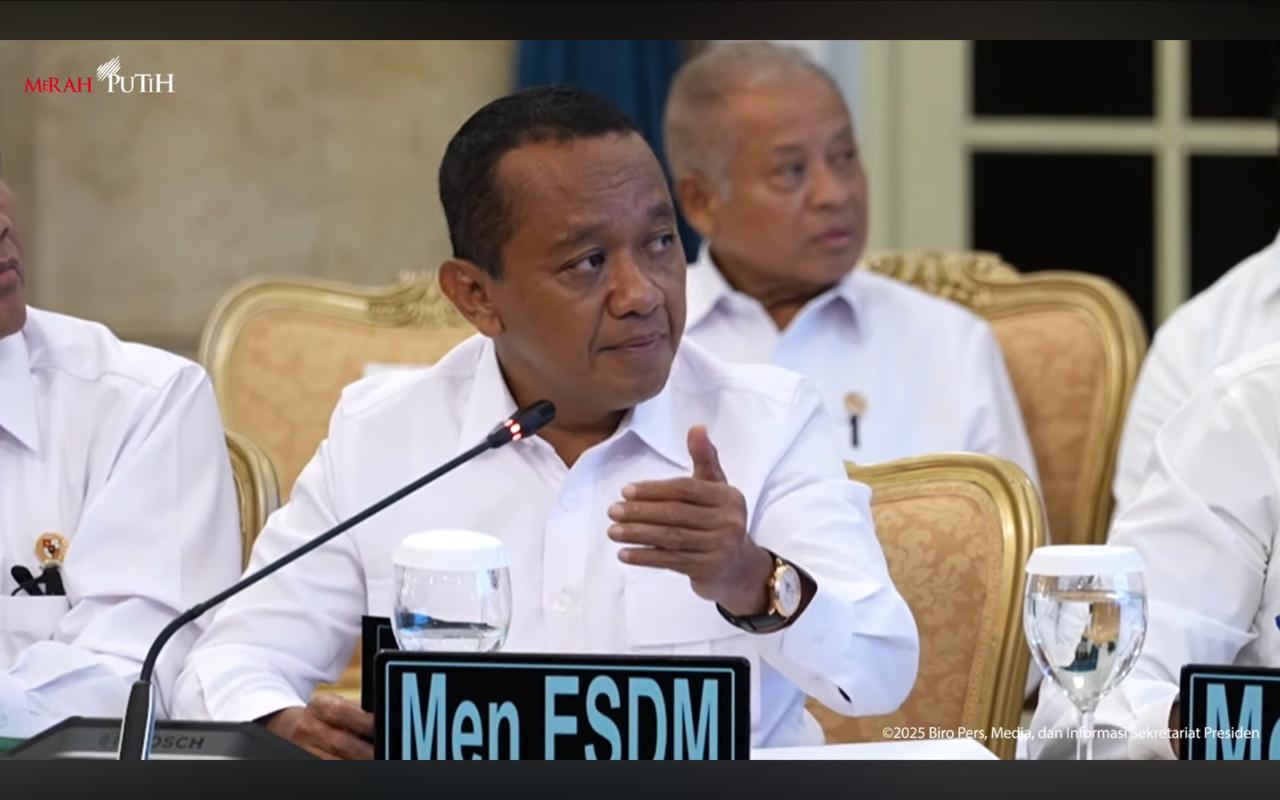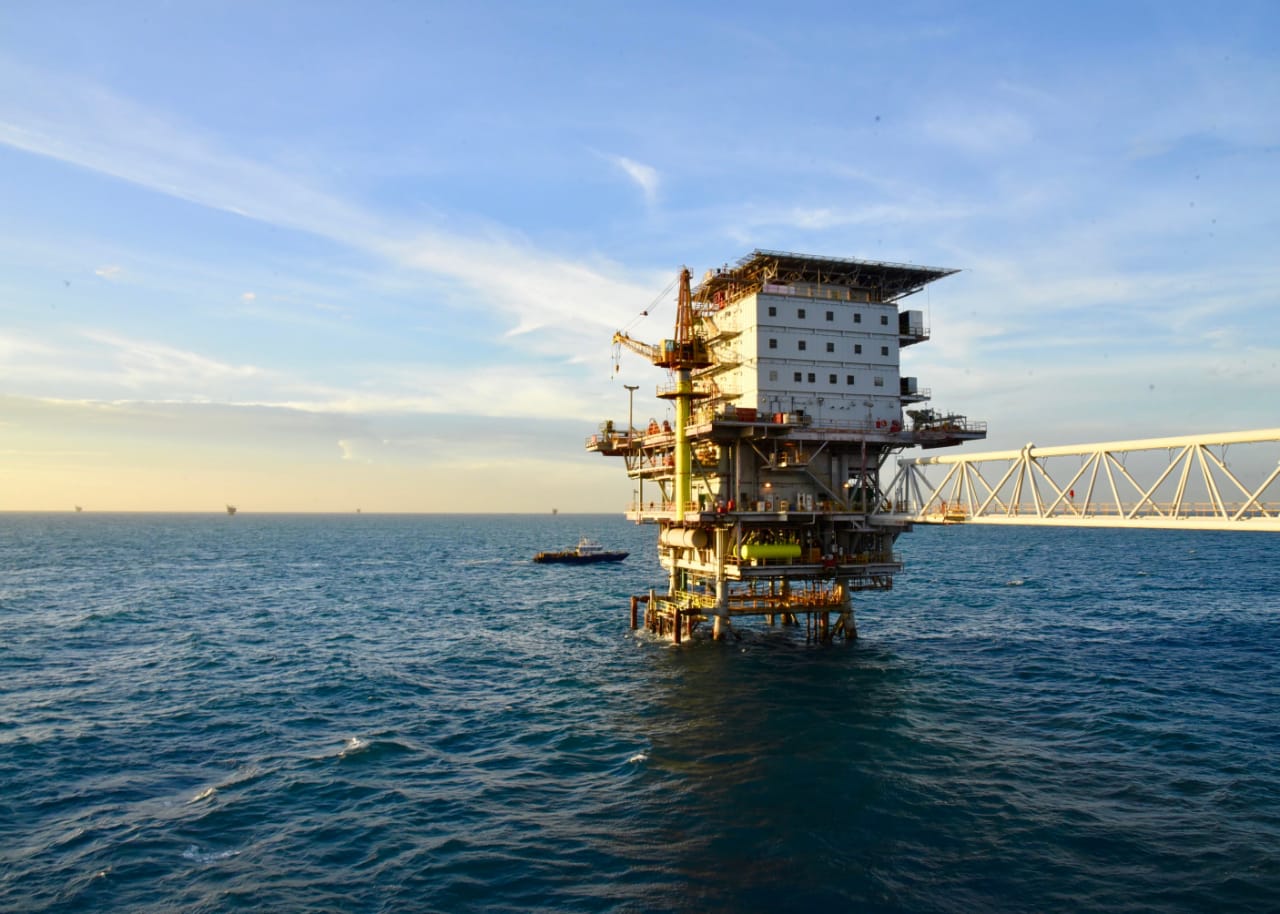
Oil and Gas Investors are Free to Choose Contract Scheme
MINISTRY OF ENERGY AND MINERAL RESOURCES
REPUBLIC OF INDONESIA
PRESS RELEASE
NUMBER: 274.Pers/04/SJI/2020
Date: 27 September 2020
Oil and Gas Investors are Free to Choose Contract Scheme
The high level of risk in oil and gas investment is a challenge amid the changing patterns of energy consumption that prioritize clean energy. Moreover, the government has a vision of realizing energy self-sufficiency.
Minister of Energy and Mineral Resources (EMR), Arifin Tasrif, believes oil and gas will still be important commodities in Indonesia in the next few years. However, reliance on oil and gas should be balanced with the ability to produce them if Indonesia wants to reduce imports of these fossil fuels.
"Indeed, if we look at the history, in the 70's we could produce 1 million barrels per day (BPD) and we became a member of OPEC, but in the 2000's our production declined and now we can only produce around 700 thousand BPD. This is our challenge because demands have continued to increase. We're importing oil fuels and LPG to substitute kerosene," Mr. Tasrif explained in a discussion titled 60 Minutes with Arifin Tasrif aired on Berita Satu TV station on Wednesday (23/9).
To face this challenge, explained Mr. Tasrif, the government has encouraged national oil and gas exploration activities because many potentials have not been explored. Thus, Indonesia will have additional reserves and main sources to supply national energy needs.
"We have 128 (oil and gas) basins, 68 of which are untapped, to reduce our dependence on imports in the future," said Mr. Tasrif. Additionally, refinery optimization is one strategy to overcome oil and gas management limitations. Ministry of EMR has targeted Refinery Development Master Plan Program (RDMP) in Dumai, Balikpapan, Balongan, and Cilacap as well as new or Grass Root Refinery (GRR) program in Bontang and Tuban which will be complete by 2027. "Hopefully these programs can respond (the needs)," said Mr. Tasrif.
According to Mr. Tasrif, the government's strategies to reduce fuel imports include utilization of new and renewable energy, downstream coal processing, and gas networks. "We have quite substantial gas potential. Even if there is no new exploration, there are still (oil and gas reserves for) 20 years from now. So, we have to install gas networks massively at the community," he said.
Freedom to choose contract scheme
Considering the economic conditions and energy needs, the government has adjusted its policies to ensure the investment climate in the oil and gas business remains attractive to investors. One such adjustment is the freedom to choose a production sharing contract (PSC) scheme between gross split PSC and cost recovery PSC.
This decision was based on direct inputs from oil and gas contractors. According to Mr. Tasrif, each contract scheme has its own advantages and disadvantages. According to the oil and gas contractors, the gross split scheme is more appropriate for existing fields because it simplifies cost estimate and business process compared to cost recovery.
For new fields, however, investors say the risks are lower if they use cost recovery scheme. "They feel that the risks are quite high, such as financial problems and so on. And they need security guarantee, too. Just like making a guess. If a person guesses wrong, he loses. But if he guesses right, he makes profits. Based on these considerations, we offer the two options (cost recovery and gross split)," explained Mr. Tasrif.
Besides the format of production sharing contracts, the government received inputs about taxation and access to oil and gas data. To follow up, Ministry of EMR has cooperated with other government agencies to solve these problems. "We hope that we can improve the requirements for oil and gas investment, to make it more attractive to investors," added Mr.Tasrif.
The government has amended the oil and gas regulation three times. First, Regulation of Minister of Energy and Mineral Resources Number 08 of 2017 on Gross Split Production Sharing Contract was amended by Regulation of Minister of Energy and Mineral Resources Number 52 of 2017 which changed the terms of gross split PSC. The changes included parameters and corrections to 10 variable components and 3 progressive ones. There is also revenue sharing for field commercialization, depending on the economies of scale of the field.
The second amendment was made in Regulation of Minister of EMR Number 20 of 2019 which improved the variable components of the TKDN (local procurement rate) and the progressive components of the cumulative production.
Finally, the third amendment was made in Regulation of Minister of EMR Number 12 of 2020 which confirmed the adoption of production sharing schemes and flexibility to choose either gross split PSC or cost recovery PSC. (IY)
Head of Bureau of Communication, Public Information Services, and Cooperation
Agung Pribadi (08112213555)
Share This!

